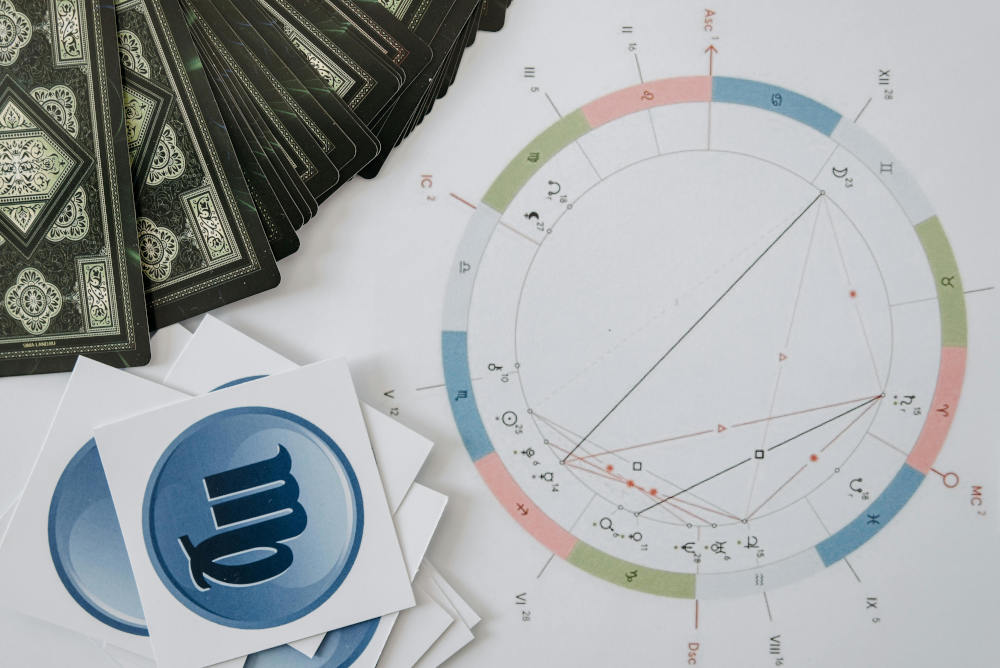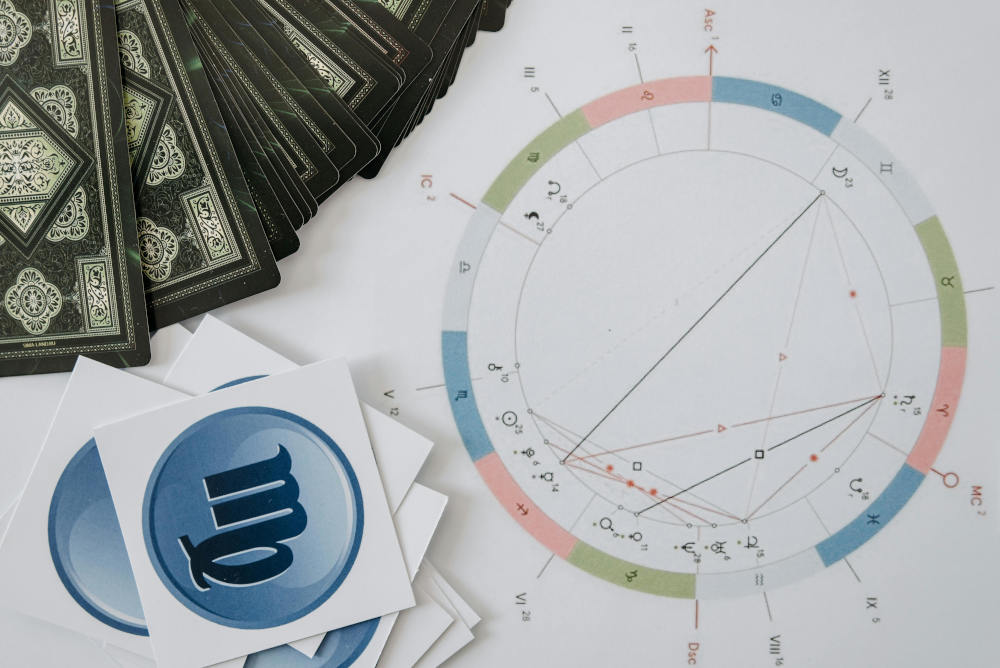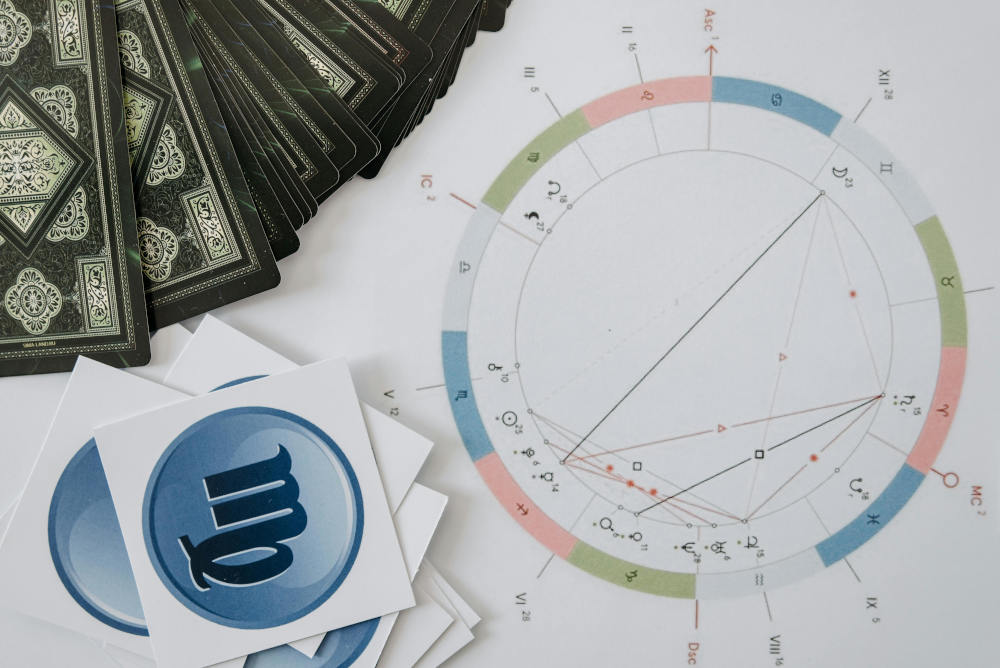
Is using leather to make clothes and other products a sin? Leather is an animal-derived product that has been used for clothing for thousands of years. But the fact that wearing leather is a "tradition" and the majority of people are okay with it doesn't make it right.
Wearing leather isn't a sin but it's wrong. Today, the mass killing of animals for materialistic reasons is irrelevant and unnecessary. No animal should have to suffer or die to make beautiful and affordable clothes.
The fashion industry kills billions of animals every year to produce leather, wool, fur, down, and silk. Animals skins and byproducts are used to make coats, jackets, shoes, bels, gloves, hats, and other accessories.
Billions of cows, calves, goats, and buffalos are killed for their hide and skin to make leather each year.
And these aren't the only animals used in the leather industry. Many deer, zebras, sheep, ostriches, alligators, seals, kangaroos, lizards, snakes, sharks, cats, and dogs are hunted, trapped, caged, and skinned alive.
Contrary to popular belief, leather production is cruel and futile. Leather tanning not only makes billions of animals suffer but also is very harmful to the environment, ecosystems, and human health.
Luckily, conscious consumers are starting to realize how unsustainable and unethical the leather industry is. Many people are asking if it's okay to use animal skins. And is wearing leather a sin?

Panaprium is independent and reader supported. If you buy something through our link, we may earn a commission. If you can, please support us on a monthly basis. It takes less than a minute to set up, and you will be making a big impact every single month. Thank you!
About leather production
According to the Food and Agriculture Organization (FAO), 2.29 billion cows, calves, buffaloes, pigs, and goats were killed to make leather in 2018.
Read up my article on how many animals are killed for leather each year to learn more about the use of animal skins in the textile and apparel industry.
Leather isn't just a byproduct of the meat industry. The leather industry is very lucrative on its own. Some people even believe they prevent waste when they buy leather goods.
Some leather indeed comes from animals slaughtered for their meat. But the best leather is made from very young animals that have smooth skin, and no scratch or parasite yet.
Bloomberg confirms that the skins and hides are the most valuable parts of animals. And leather goods production is growing first and foremost to meet consumers' demand.
The fashion industry kills wildlife and puts endangered species at risk. Even with many alternatives available, consumers keep buying animal-derived fashion.
Check out my article on how fashion affects animals to understand how much animal cruelty is happening in the fashion industry daily.
Leather may be seen as a natural product, but it isn't environmentally friendly or biodegradable. The Environmental Protection Agency (EPA) considers the large quantities of chromium waste created by leather tanning very toxic.
Leather production requires lots of hazardous chemicals in washing, bleaching, tanning, dyeing, and treatment. It pollutes nearby environments, rivers, water sources, and soils. It's extremely destructive to ecosystems and human health.
We are conditioned to see animals as commodities. But it's wrong. The mass farming and killing of animals is cruel, unnecessary, unsustainable, and unethical. Is it also a sin?

What is a sin?
The Catechism of the Catholic Church is a catechism promulgated for the Catholic Church by Pope John Paul II in 1992, head of the Catholic Church and sovereign of the Vatican City State from 1978 to 2005. It sums up the beliefs of the Catholic faithful.
The Catechism of the Catholic Church wrote the definition of sin as an offense against God. Sin is against God's love for us and turns our hearts away from it.
"Sin is an offense against reason, truth, and right conscience; it is failure in genuine love for God and neighbor caused by a perverse attachment to certain goods. It wounds the nature of man and injures human solidarity. It has been defined as "an utterance, a deed, or a desire contrary to the eternal law."
- Catechism of the Catholic Church, The Definition of Sin
There are many different kinds of sin. Several scriptures provide many lists of sins. Some of them are:
- idolatry
- sorcery
- enmity
- fornication
- impurity
- licentiousness
- selfishness
- dissension
- factions
- strife
- jealousy
- anger
- envy
- drunkenness
- carousing
Sins are categorized according to whether they concern God, neighbor, or oneself. They are divided into spiritual and carnal sins. Sins can also be in thought, word, deed, or omission.
The origin of sin is in the heart of man and its free will. But in the heart of man also lives charity, the source of good and pureness.
Is it okay to wear animal skin?
"The dominion granted by the Creator over the mineral, vegetable, and animal resources of the universe cannot be separated from respect for moral obligations, including those toward generations to come. [...] Animals are entrusted to man's stewardship; he must show them kindness."
- Catechism of the Catholic Church, THE SEVENTH COMMANDMENT IN BRIEF
To justify their meat and animal product consumption, people often refer to the Book of Genesis, the first book of the Hebrew Bible and the Old Testament, and an account of the creation of the world and the origins of the Jewish people.
"Also for Adam and his wife the LORD God made tunics of skin and clothed them."
- The Book of Genesis 3:21
God initiated the practice of using animals for food and clothing. Many references also mention Prophets using leather for clothing and containers for liquids. Therefore, today's consumers believe that it's okay.
"So Abraham rose early in the morning, and took bread and a skin of water; and putting it on her shoulder, he gave it and the boy to Hagar, and sent her away. Then she departed and wandered in the Wilderness of Beersheba."
- The Book of Genesis 21:14
Intrinsically, wearing leather isn't a sin. It’s no more a sin than eating meat is. But it's wrong, cruel, irrelevant, and unnecessary.
In history, we didn’t have a choice in the matter. Today, there are many cruelty-free, ethical, and sustainable alternatives to leather. Animal cruelty doesn't have a place in a modern society.
Follow my guide on how to tell if a fashion brand is cruelty-free to shop for clothes made without inhumane practices.
Using leather for clothing because we have to and buying clothes meant to impress are very different. It might have been okay in ancient times when we had no other alternative.
Today, we have much better clothing to choose from. Natural organic fabrics, recycled synthetic materials, and regenerated fibers made from renewable resources.
Read up my list of the top 10 eco-friendly and sustainable fabrics to get an overview of what materials you should be looking for.
Ask yourself if you want your clothes to come from death and suffering. There is a lot of animal abuse going on in the fashion industry.
The Catechism of the Catholic Church explains that we have to respect animal lives. Our control over living beings isn't unquestionable. We have to treat them with kindness. It's called respect for the integrity of creation.
"Use of the mineral, vegetable, and animal resources of the universe cannot be divorced from respect for moral imperatives. Man's dominion over inanimate and other living beings granted by the Creator is not absolute; it is limited by concern for the quality of life of his neighbor, including generations to come. [...] They may be domesticated to help man in his work and leisure. Medical and scientific experimentation on animals is a morally acceptable practice if it remains within reasonable limits and contributes to caring for or saving human lives. [...] It is contrary to human dignity to cause animals to suffer or die needlessly. It is likewise unworthy to spend money on them that should as a priority go to the relief of human misery."
- Catechism of the Catholic Church, Respect for Persons and Their Goods
A Hindu doesn't have to wear leather or use products made from animal skin either. Hinduism, the most widespread religion in India and Nepal, doesn't restrict or ban the use of animals or their skin.
But cows are very sacred animals in Hinduism. There are other sacred animals in Hinduism, such as monkeys, tigers, and elephants.
Wearing leather might be a convenient solution. But it isn't a necessity. Putting other beings before yourself is a very good trait. Try to reduce the harm you do to the planet, the people, and the animals living on it.
The Golden Rule is the principle of treating others as you want to be treated. It is an ethic of reciprocity in many religions, including Hinduism, Buddhism, Taoism, Islam, Judaism, and Christianity.
"One should never do that to another which one regards as injurious to one’s self. This, in brief, is the rule of Righteousness. One by acting differently by yielding to desire becomes guilty of unrighteousness."
- Mahabharata Anusasana Parva, Section CXIII, Verse 8

Ethical fashion is so important for everybody. Even if wearing leather isn't a sin per se, it's wrong. We have to start treating human beings, the planet, and animals a lot better.
Consumers' behavior must change. Due to the mass farming and killing of animals, we consider animals as commodities. We buy and discard animal products easily, not thinking of the long term consequences.
A more sustainable and ethical approach to fashion is necessary to limit climate change, pollution, waste, unfair treatment of people and animals in the industry.
What are your thoughts on leather? Is it contrary to human dignity to cause animals to suffer or die needlessly?
Was this article helpful to you? Please tell us what you liked or didn't like in the comments below.
About the Author: Alex Assoune
What We're Up Against
Multinational corporations overproducing cheap products in the poorest countries.
Huge factories with sweatshop-like conditions underpaying workers.
Media conglomerates promoting unethical, unsustainable products.
Bad actors encouraging overconsumption through oblivious behavior.
- - - -
Thankfully, we've got our supporters, including you.
Panaprium is funded by readers like you who want to join us in our mission to make the world entirely sustainable.
If you can, please support us on a monthly basis. It takes less than a minute to set up, and you will be making a big impact every single month. Thank you.
































0 comments